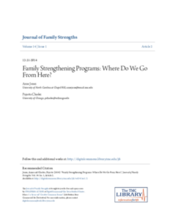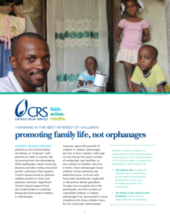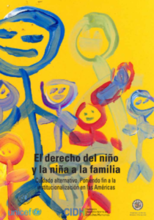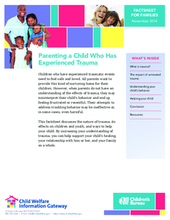This page contains documents and other resources related to children's care in the Americas. Browse resources by region, country, or category.
Displaying 461 - 470 of 566
This article is a review of lessons learned from the Yellowhead Tribal Services Agency (YTSA) pilot program.
This paper calls for creative pathways of engagement that delineate places of belonging for and with Indigenous youth in care.
This article describes a group of Elders in the Lax kw’alaams community of British Columbia who provide support and mentorship to the Lax kw’alaams children in care.
In this article, Yudhijit Bhattacharjee discusses the critical brain development that happens in the first year of a baby’s life, and the impact that growing up in poverty has on that cognitive development.
This practice brief provides an overview of critical self-reflection questions that can be used, in a variety of ways, for training purposes for professionals in the US who work with grandparents raising grandchildren.
This article describes a kinship navigator program for children and kin caregivers involved in Child Protective Services in-home treatment cases.
This paper describes a study that examined the economic challenges faced by low-income, unmarried parents in the United States who participated in the Strong Couples - Strong Children (SC - SC) program, a federally funded initiative intended to help strengthen relationships of fragile families by providing relationship education programs.
This document, published by Catholic Relief Services, urges members of the Catholic faith community to consider the best interests of the child when partnering, or “twinning” with parishes in Haiti and undertaking charitable activities.
El presente Informe, por la Comisión Inter-Americana de los Derechos Humanos, establece los estándares aplicables en el derecho de los niños a vivir en una familia y formula una serie de recomendaciones concretas a los Estados para apoyar a las familias en sus responsabilidades de crianza.
This factsheet discusses the nature of trauma, its effects on children and youth, and ways to help your child.





